(TN&MT) - On the sidelines of the 29th Conference of the Parties to the United Nations Framework Convention on Climate Change (COP 29) in Azerbaijan, Deputy Minister of Natural Resources and Environment Le Cong Thanh recently had a bilateral meeting with Mr. Stanley Loh, Deputy Minister of Environment and Sustainable Development of Singapore.
At the meeting, Deputy Minister Stanley Loh expressed his wish to continue implementing more cooperation activities with Vietnam in areas such as renewable energy development, carbon market, pollution control, air quality management, plastic waste reduction and many environmental issues of common concern to the region.
Acknowledging the good results in implementing the Memorandum of Understanding on cooperation between the Ministry of Natural Resources and Environment of Vietnam and the Ministry of Environment and Water Resources of Singapore, Deputy Minister Le Cong Thanh said that Vietnam is promoting the implementation of activities of waste classification at source, waste recycling according to the Law on Environmental Protection, and wishes to learn from the experience of Singapore - one of the cleanest countries in the world .
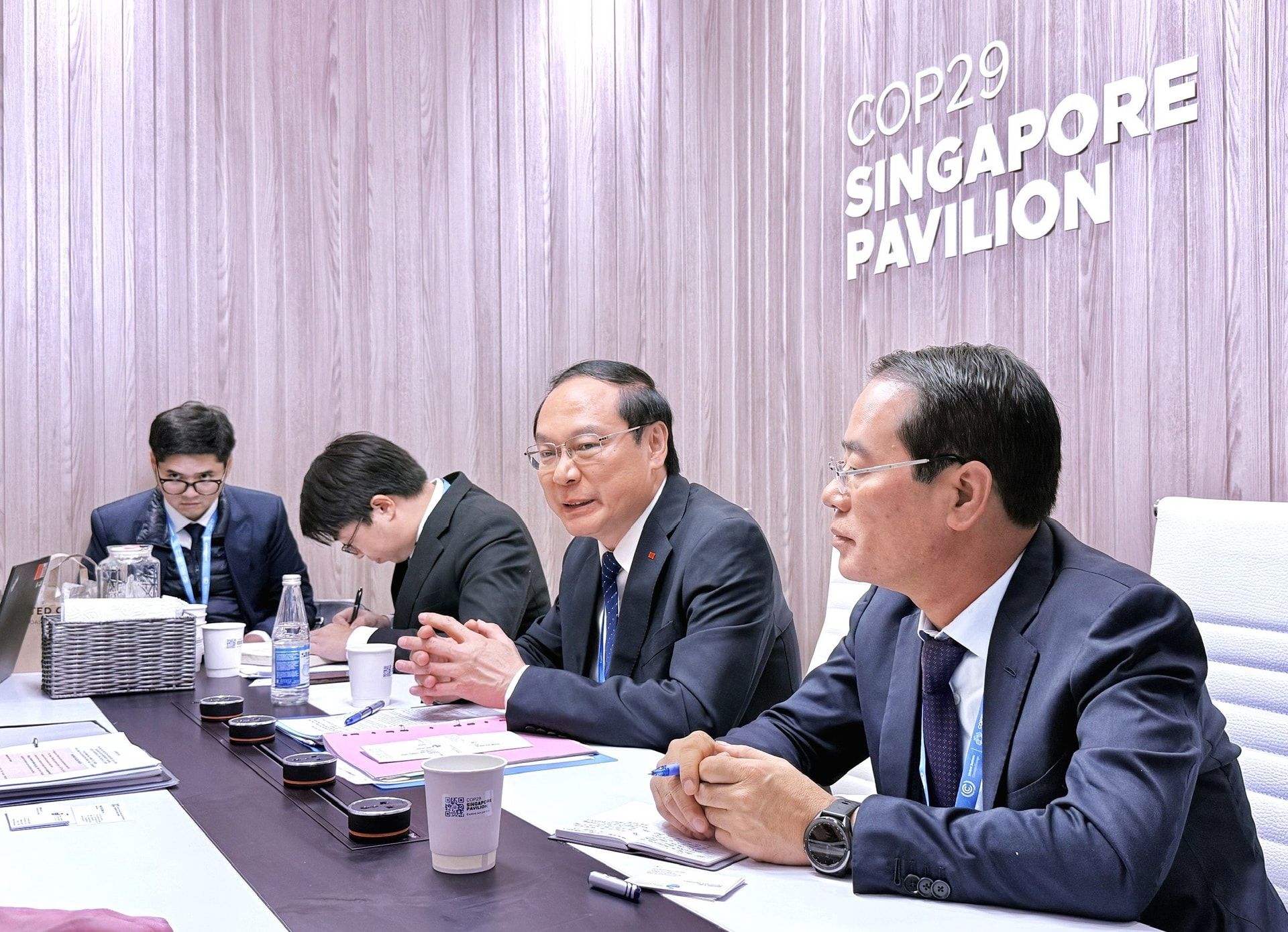
In addition, air pollution is an issue that requires consensus among countries in the region, especially on cross-border air pollution. In Hanoi (Vietnam), the current period has the worst air quality of the year, so people from all levels to authorities are very concerned and want to have solutions.
Regarding renewable energy development, Vietnam is continuing to improve policies related to rooftop solar power, direct power trading mechanisms and offshore wind power development. Vietnam and Singapore have a common idea to build a green, clean power transmission line between countries and in the near future, Vietnam will soon have a pilot project through the Ministry of Industry and Trade.
In addition, the Ministry of Natural Resources and Environment has proposed to add a number of regulations related to carbon credit exchange under Article 6 of the Paris Agreement in the draft Decree amending and supplementing a number of articles of Decree No. 06/2022/ND-CP. Singapore's experience in developing similar regulations will be very useful for Vietnam.
According to Deputy Minister Stanley Loh, Singapore's experience shows that waste sorting and recycling can absolutely become a green industry, creating more green jobs and significantly addressing the risk of environmental pollution. In particular, innovative solutions that help increase the ability to recycle electronic waste, plastic or electric vehicle batteries... have great potential, beyond the national scope. For example, Singapore has recycled electric vehicle batteries and used cooking oil into jet fuel, in preparation for requiring airlines to use a certain percentage of sustainable aviation fuel by January 2026. Similar green economic solutions can absolutely be put into testing in Vietnam-Singapore industrial parks and joint economic zones.
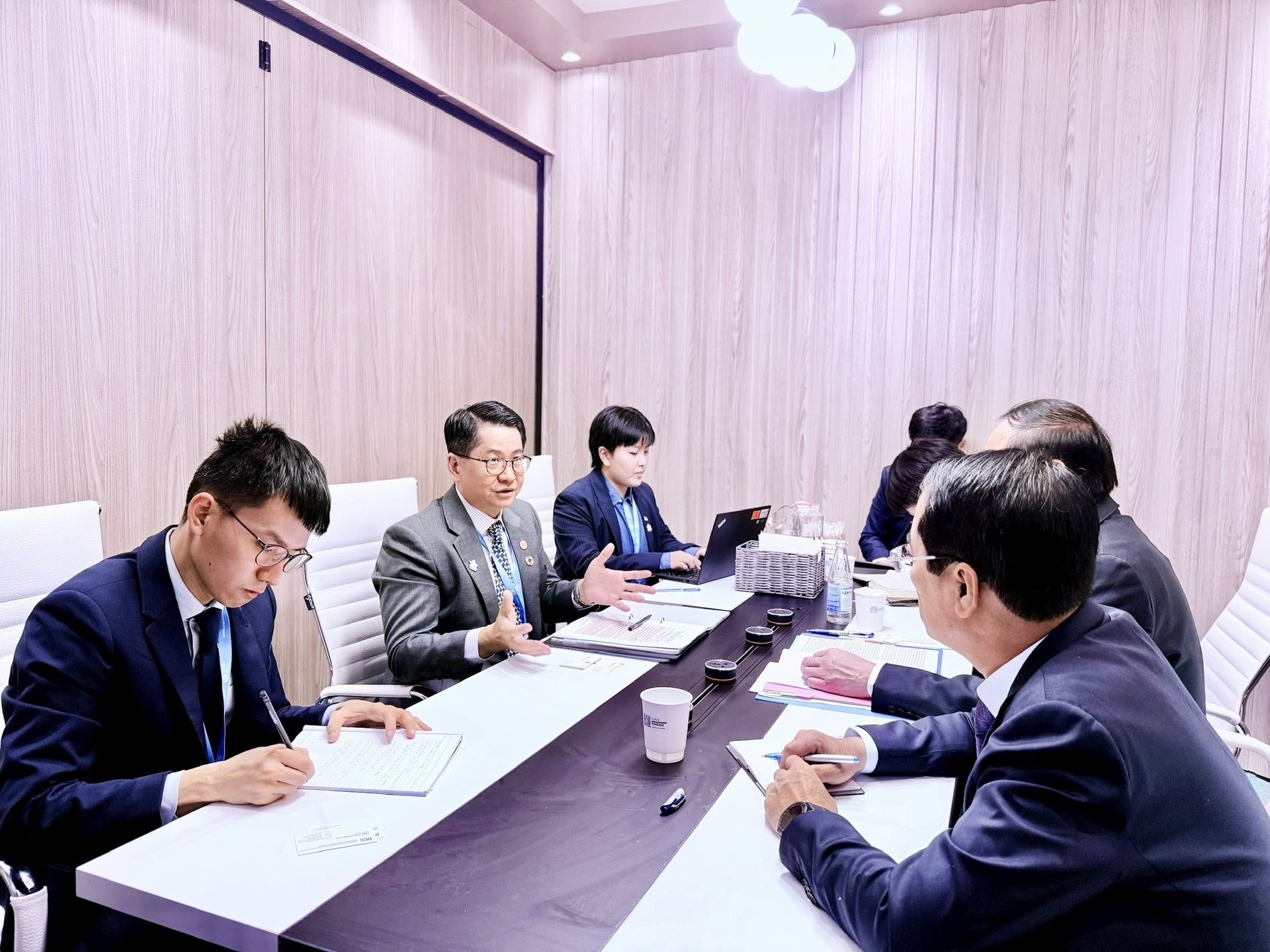
In a period of shortage of renewable energy sources, Singapore believes that it should take advantage of the transitional energy source of liquefied natural gas (LNG) and promote ASEAN regional cooperation to encourage the use of nuclear power, but must ensure the highest safety standards.
Deputy Minister Le Cong Thanh shared: Vietnam has policy orientations on recycling, gradually limiting the import of untreated plastic waste, increasing the rate of recycled materials... Vietnam is also studying international experience on the use of sustainable jet fuel and wishes to learn from Singapore. Along with developing clean energy sources in industrial zones to increase investment attraction, Vietnam is planning to restart nuclear power projects to ensure energy sources for economic development and reduce carbon emissions, it is expected that it can use a complex including traditional power plants.
Regarding carbon credit exchange under Article 6 of the Paris Agreement, Vietnam is amending legal regulations to be able to implement immediately without going through the pilot step, and proposes to exchange experiences with Singapore on this issue.
Regarding the negotiations on plastic pollution, Singapore expressed that a complete ban is not feasible because many countries do not have alternatives. ASEAN needs to conduct a study on cross-border plastics and come up with a common agreement with high determination.
Vietnam agrees with this view and believes that, similar to climate change, solving plastic pollution needs to be based on the principle of “common but differentiated responsibility”. Instead of banning, it is necessary to increase recycling capacity and combat ocean plastic waste to limit the impact on tourism development and the national marine economy.
At the meeting, the two sides discussed and understood the need for bilateral cooperation in efforts to combat climate change, protect the environment and manage water resources. The Ministry of Natural Resources and Environment hopes that the Singaporean Ministry of Environment and Sustainable Development will continue to share practical experiences in the management and sustainable development of water resources, especially in the development of water policies, and support Vietnam in transferring advanced technology on water use, efficiency and wastewater treatment, while increasing the exchange of experts and learning from Singapore's experience in planning and zoning for environmental protection.
Source: https://baotainguyenmoitruong.vn/viet-nam-mong-muon-thuc-day-hop-tac-bao-ve-moi-truong-voi-singapore-383445.html



![[Photo] Prime Minister Pham Minh Chinh receives President of Cuba's Latin American News Agency](/_next/image?url=https%3A%2F%2Fvphoto.vietnam.vn%2Fthumb%2F1200x675%2Fvietnam%2Fresource%2FIMAGE%2F2025%2F12%2F01%2F1764569497815_dsc-2890-jpg.webp&w=3840&q=75)



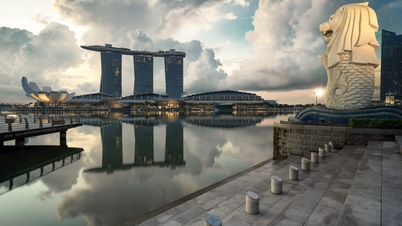

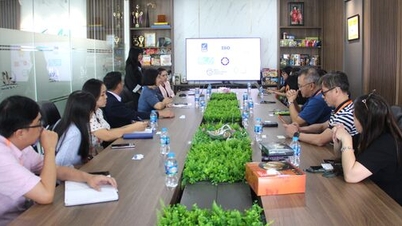

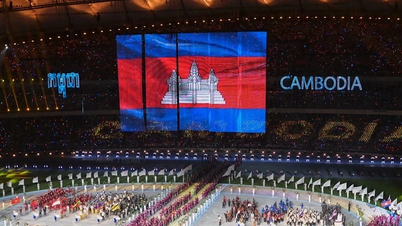

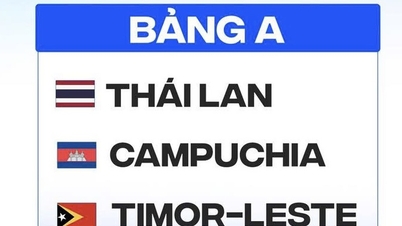

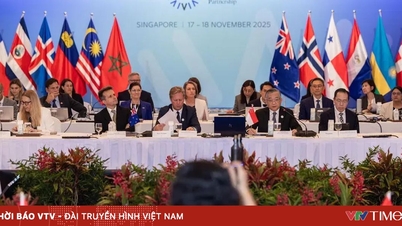

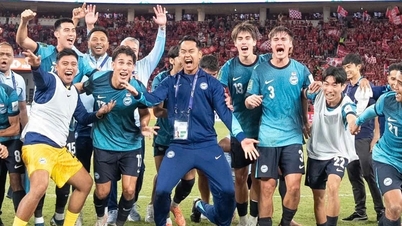



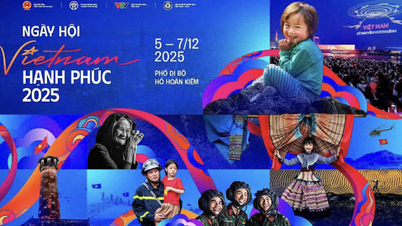












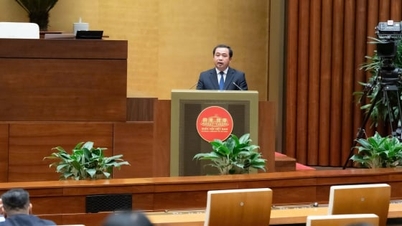
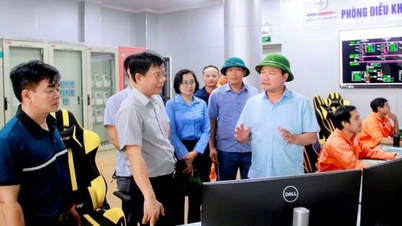

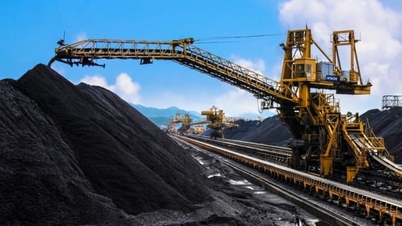
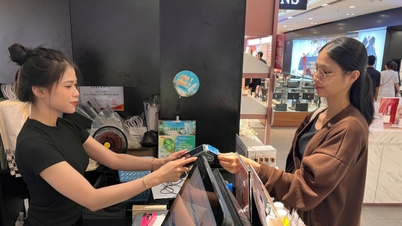
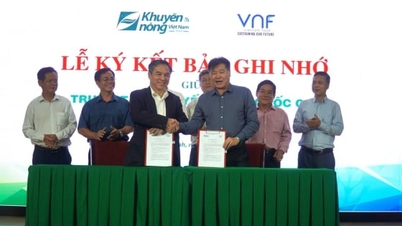


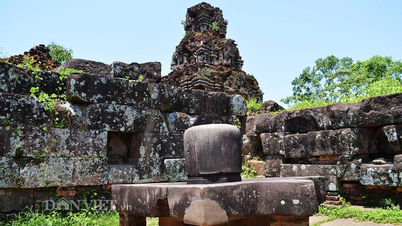


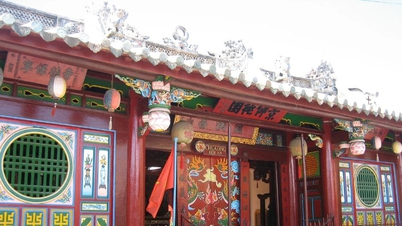

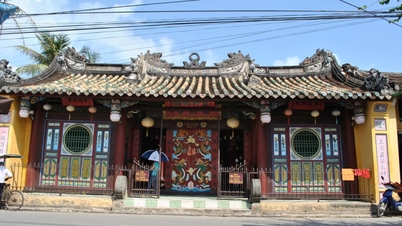
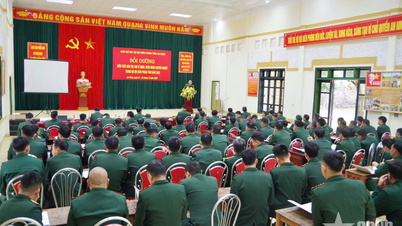



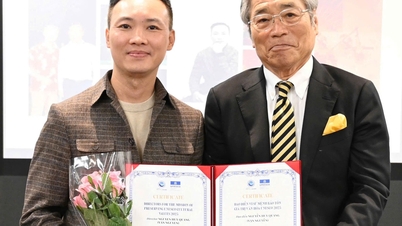
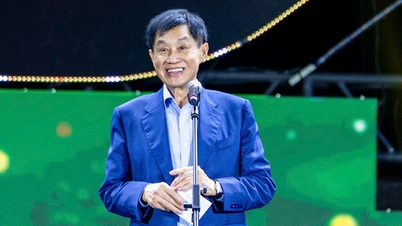

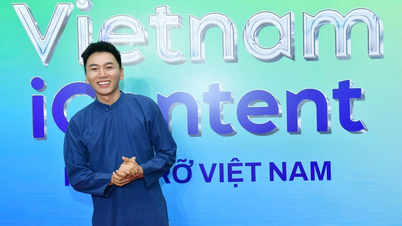

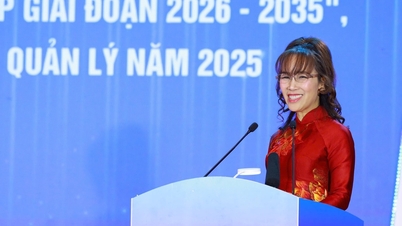


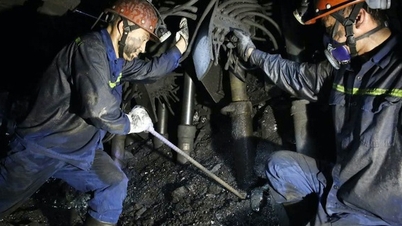


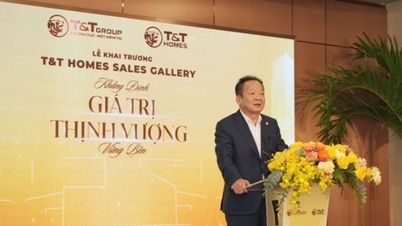


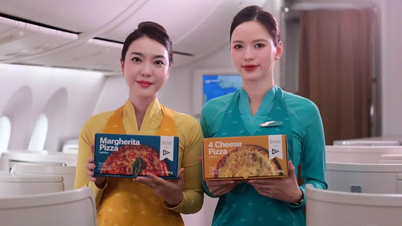








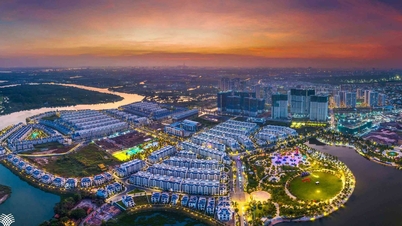
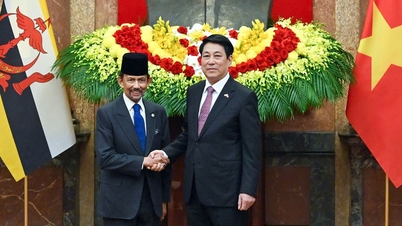
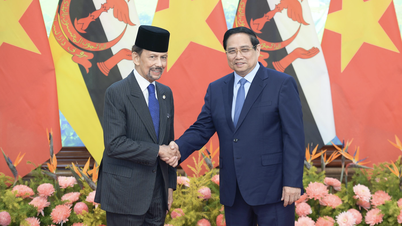

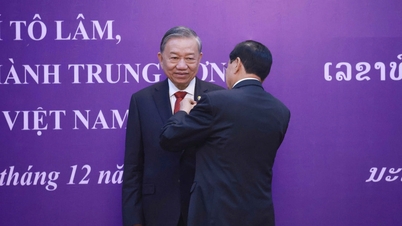
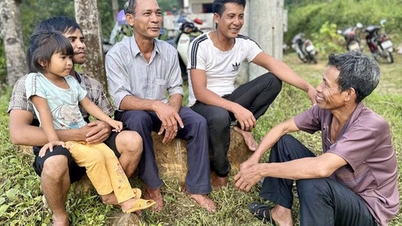

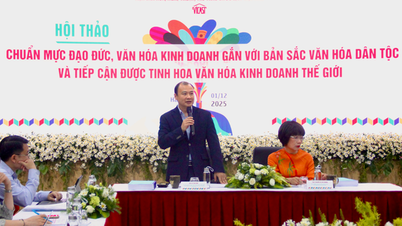
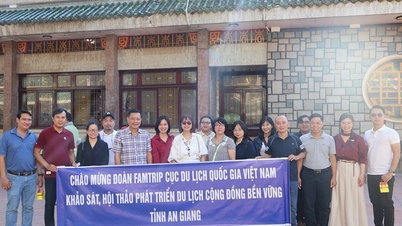
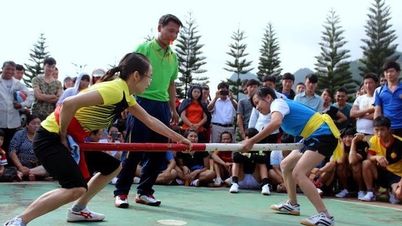
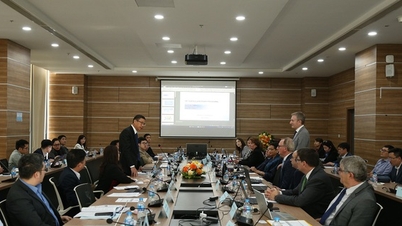

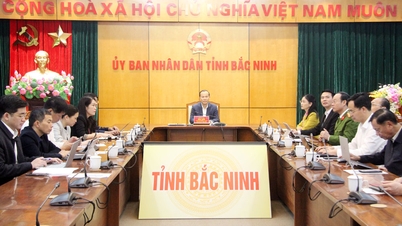

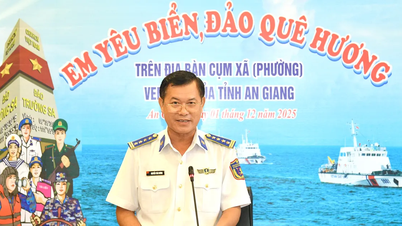

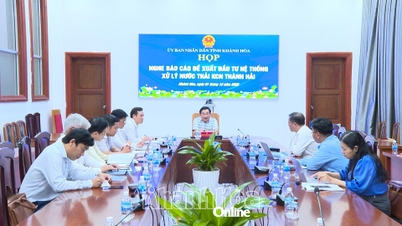

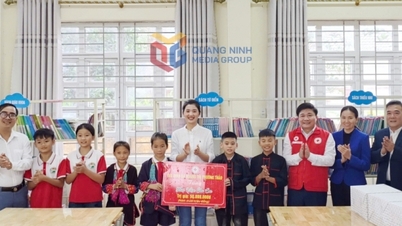

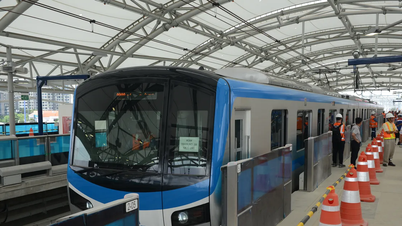












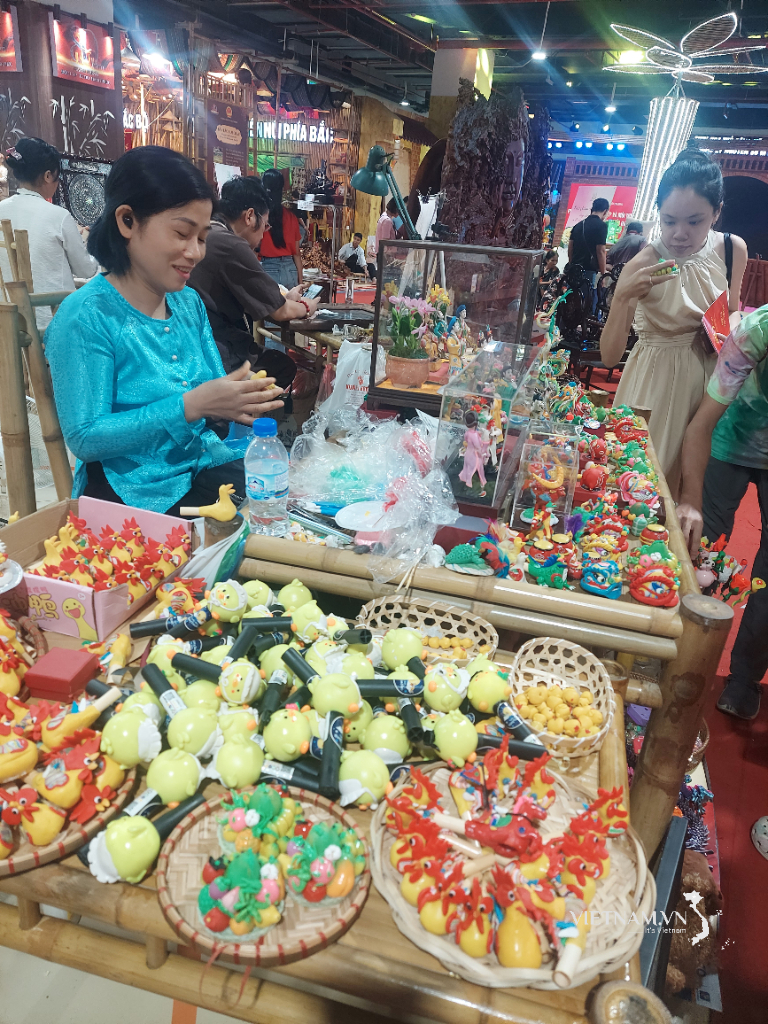

Comment (0)